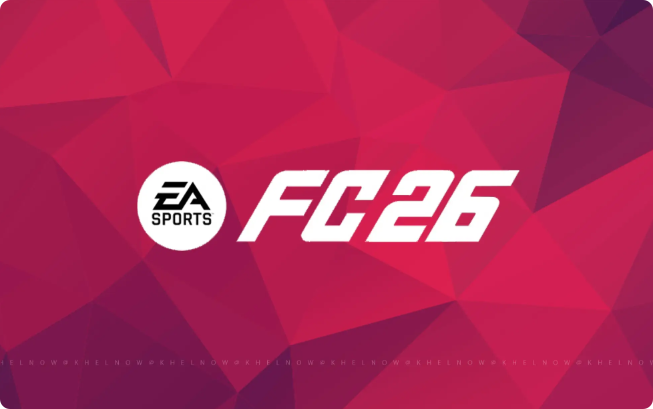Introduction
Managing finances efficiently is crucial for businesses and individuals, and tax and accounting software plays a vital role in simplifying this process. These tools automate bookkeeping, tax calculations, and financial reporting, reducing errors and improving efficiency. Whether you are a small business owner, freelancer, or large enterprise, choosing the right software can streamline financial operations and ensure compliance with tax regulations.
Key Features of Tax and Accounting Software
Modern tax and accounting software offers a range of features to help users manage their financial tasks effectively. These features include automated bookkeeping, tax compliance tracking, invoice management, payroll processing, and financial reporting. Many platforms also integrate with banking systems, allowing seamless transactions and real-time financial insights. Additionally, cloud-based solutions enable remote access, making financial management more convenient.
Benefits of Using Tax and Accounting Software
The primary benefit of using tax and accounting software is increased efficiency. Automated calculations reduce human errors, ensuring accurate tax filing and bookkeeping. Additionally, these tools save time by streamlining data entry and report generation. Businesses also benefit from better financial planning, as these solutions provide real-time insights into cash flow and expenses. Moreover, compliance with tax regulations is easier, as the software automatically updates to reflect changes in tax laws.
Types of Tax and Accounting Software
There are various types of tax and accounting software designed to meet different business needs. Basic accounting software is suitable for freelancers and small businesses, offering invoicing and expense tracking. Advanced solutions cater to larger enterprises with features like multi-user access, inventory management, and payroll integration. Cloud-based software provides flexibility and remote access, while industry-specific solutions are tailored for businesses with unique financial requirements.
How to Choose the Right Software
Selecting the right tax and accounting software depends on several factors. First, consider your business size and financial requirements. Small businesses may benefit from affordable, user-friendly software, while larger organizations require robust features like multi-user collaboration and advanced reporting. Integration with existing financial tools, ease of use, and customer support are also essential considerations. Additionally, security features such as data encryption and backup options should not be overlooked.
Popular Tax and Accounting Software Solutions
Several tax and accounting software solutions dominate the market due to their efficiency and reliability. QuickBooks is widely used by small businesses for its comprehensive bookkeeping and tax filing features. Xero is a cloud-based platform offering real-time collaboration. FreshBooks is ideal for freelancers and small businesses needing simple invoicing and expense tracking. TurboTax is a popular choice for individual tax filing, while Sage offers advanced solutions for medium and large enterprises.
Read More - https://www.marketresearchfuture.com/reports/tax-accounting-software-market-8694
Conclusion
Tax and accounting software simplifies financial management, ensuring accuracy, efficiency, and compliance with tax laws. With various options available, businesses and individuals can choose software that best suits their financial needs. Investing in the right solution enhances productivity, minimizes errors, and provides valuable financial insights, making tax filing and bookkeeping hassle-free.


